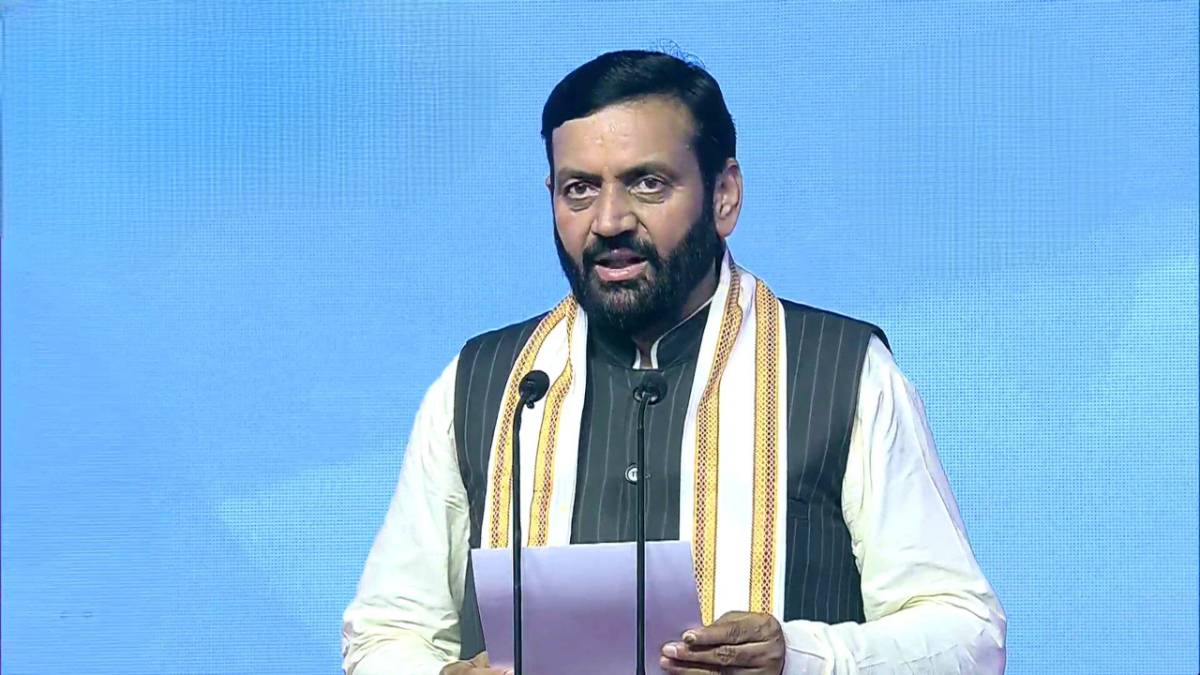Haryana’s Directorate of School Education has banned the sale of Tobacco, Gutkha and other intoxicating substances within 100 yards of all schools in the state on Friday.
According to the circular issued by the state’s education directorate, all the block education officers, block resource centres, and the Principals or headmasters were instructed to keep an eye on the activities related to the sale of tobacco, gutkha and intoxicating substances within 100 yards of the schools coming under them.
The circular further added that those who violated the order, then the Gra Panchayat and the nearest police officer/employee should be duly informed, and immediate action should be taken to stop the sale of tobacco, gutkha and other substances.
Last year, in 2024, the Haryana Assembly passed a bill that forbade opening and running hookah bars and banned serving hookah to customers in any place in the state under the law “The Cigarettes and Other Tobacco Products (Prohibition of Advertisement and Regulation of Trade and Commerce, Production, Supply and Distribution) Haryana Amendment Bill, 2024”.
According to Section 21-A of the law, individuals who will violate Section 4 A (which prohibits running of hookah bars in the state) will face an imprisonment of upto one year, but which may extend to three years, followed by a fine of one lakh rupees, but which may extend to five lakh rupees.
Earlier, on August 29, the Haryana Chief Minister Nayab said that the state’s vision is to make agriculture not just a means of survival but a sustainable and profitable business.
Addressing the 20th CII India-Africa Business Conclave in the national capital, he said that Haryana is working to support farmers at every stage, from cultivation to the sale of produce.Saini stated that the State Government’s vision is not only to increase production, but also to make agriculture a sustainable and profitable business for its people.
He added that India and Africa are building a future of mutual trust and cooperation across several areas, including agriculture, skill development, education, and digital public goods. “The innovations and technologies Haryana is using in its agriculture sector can also be replicated in Africa,” he said.





